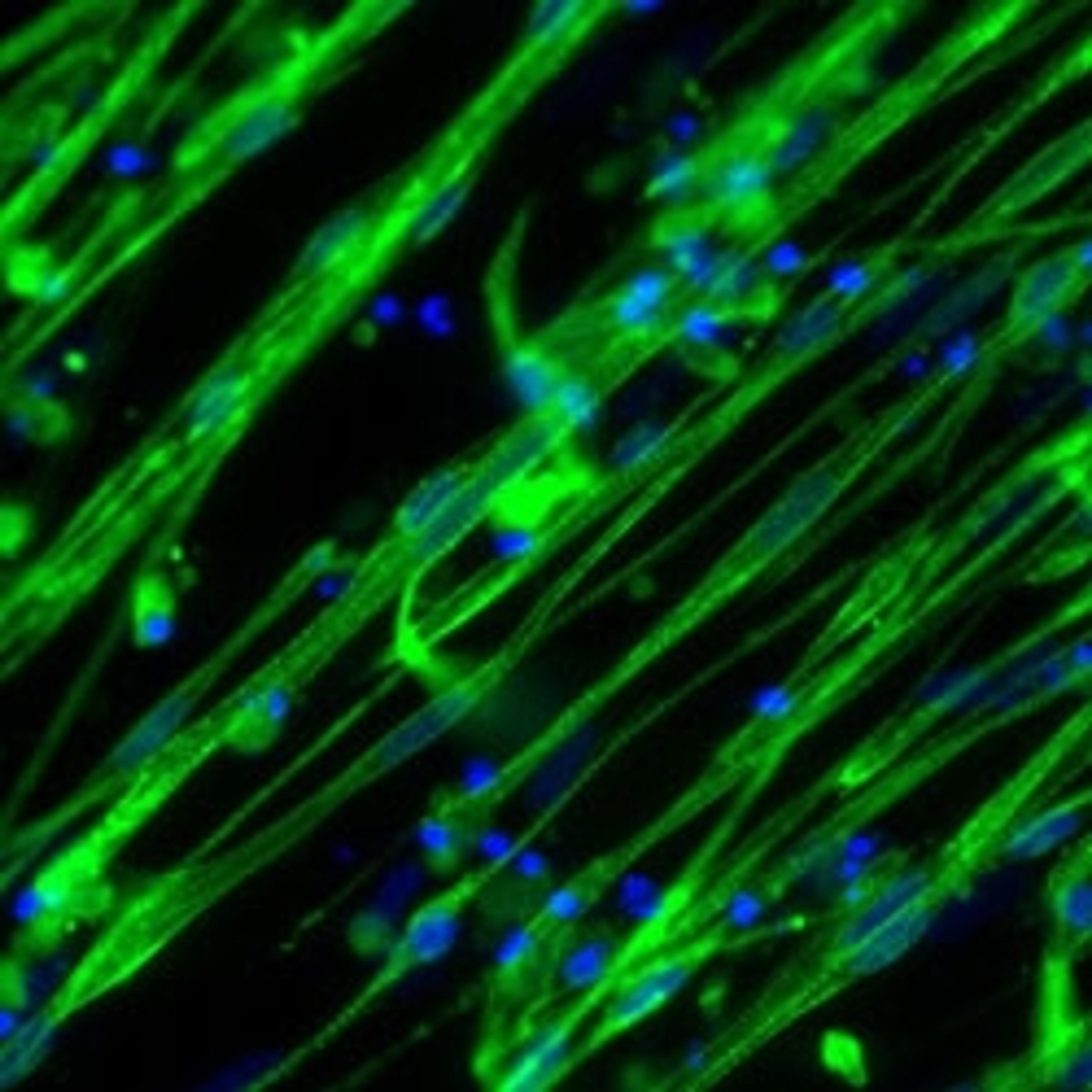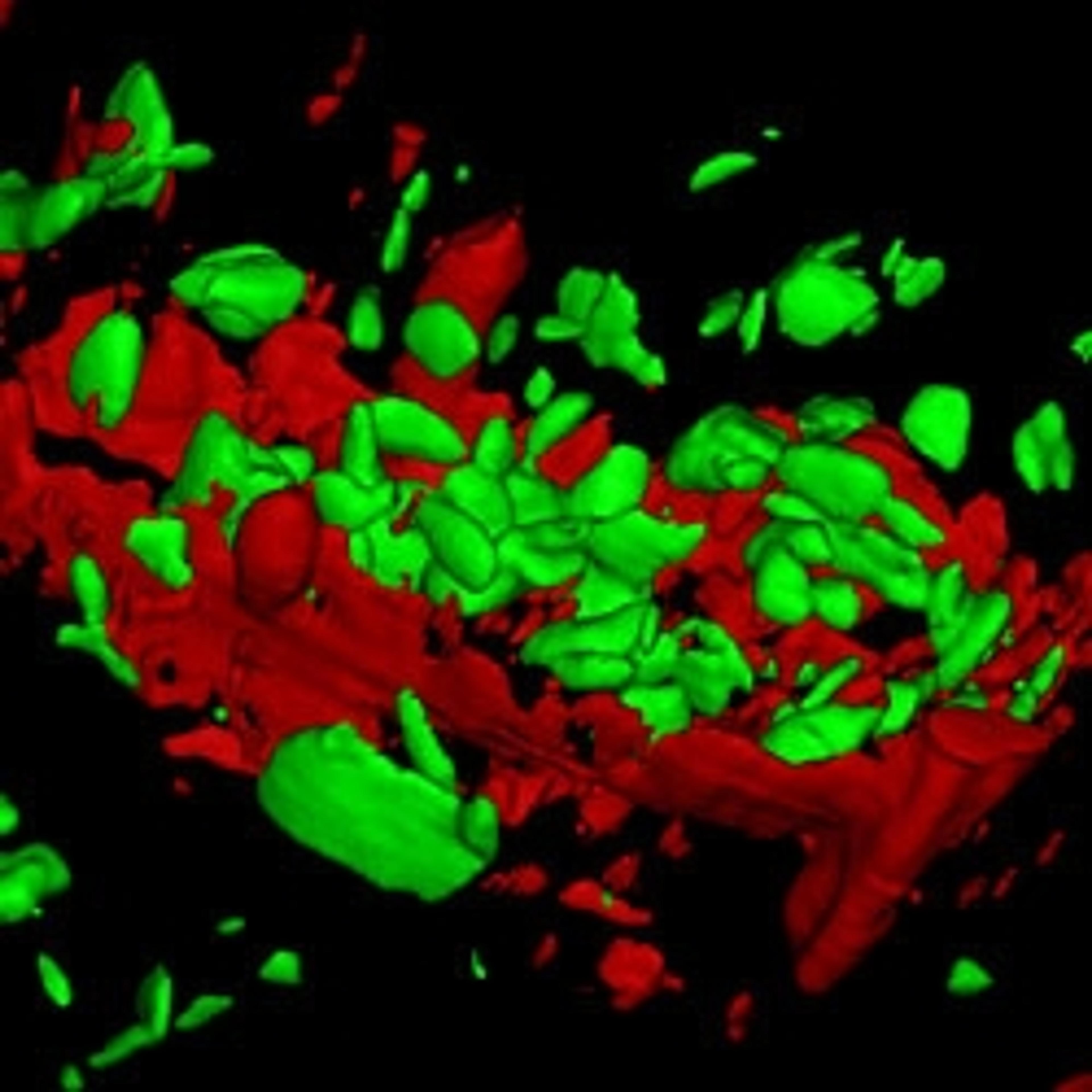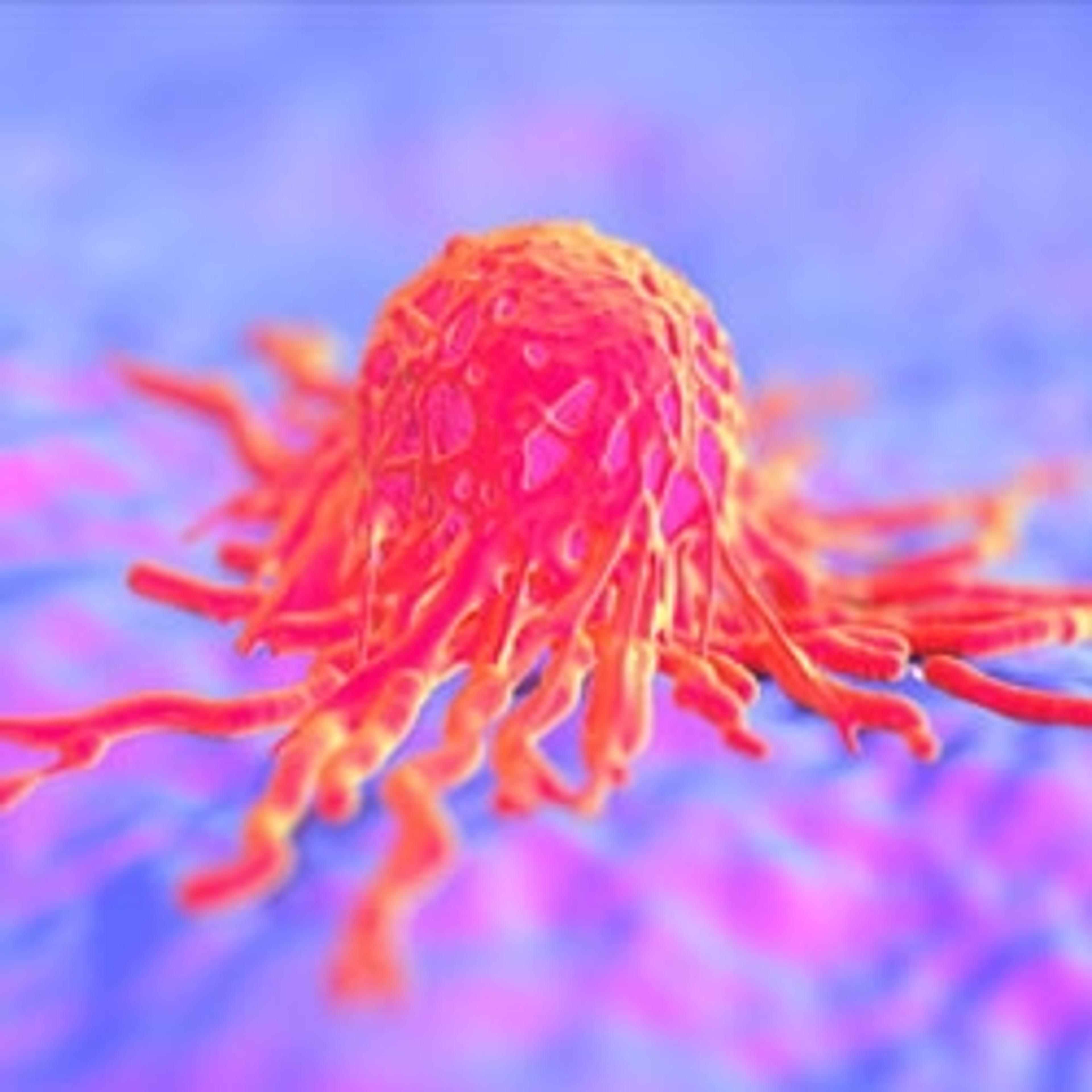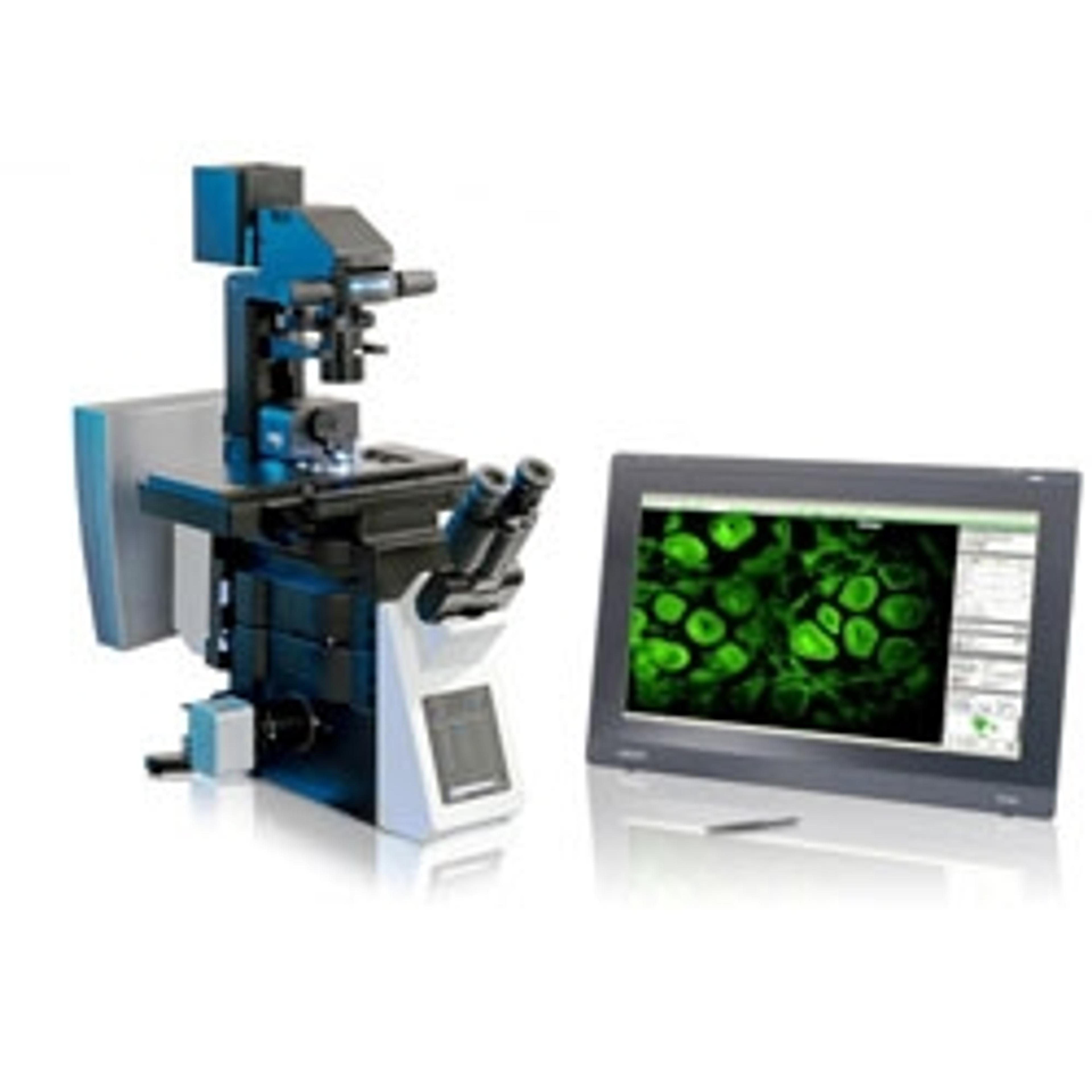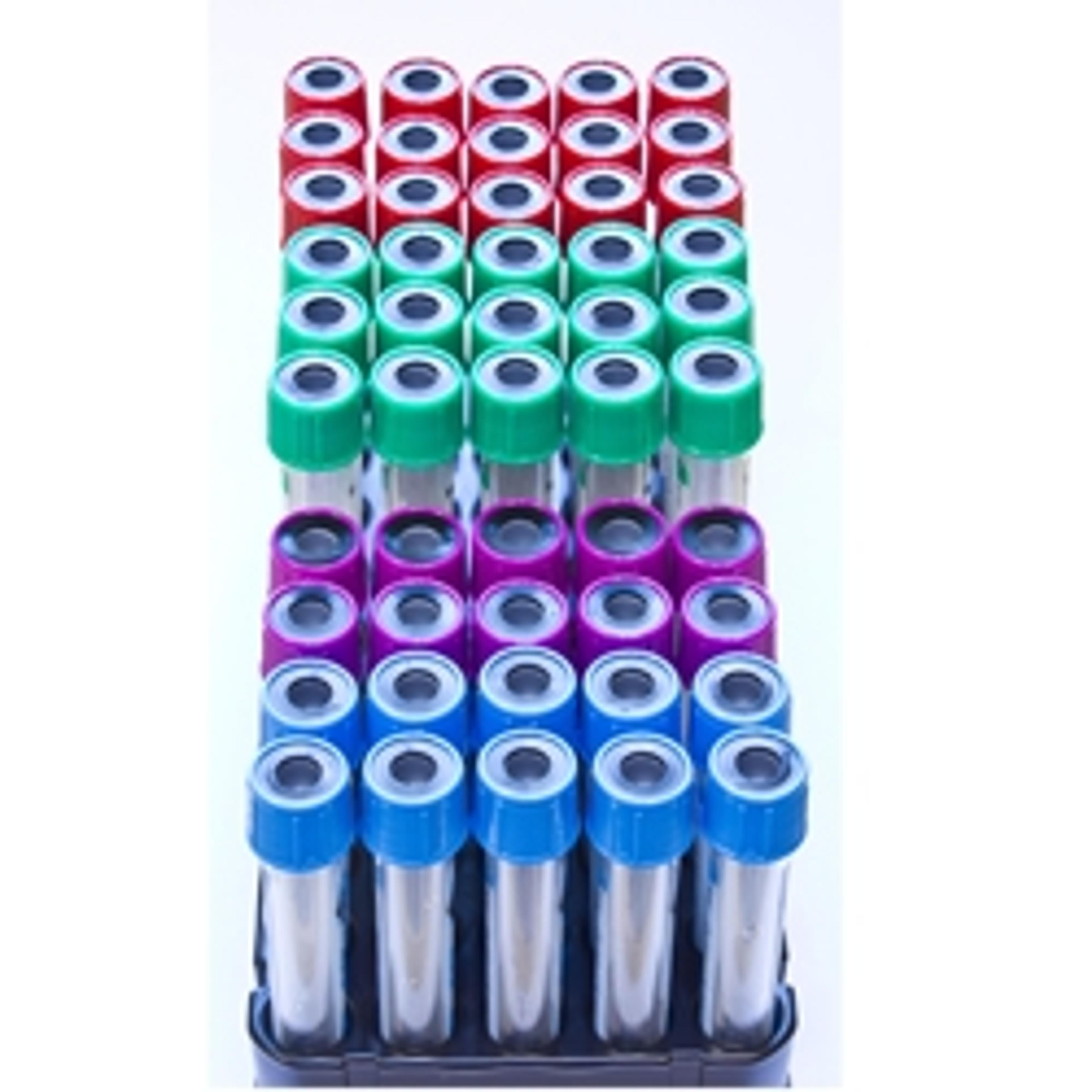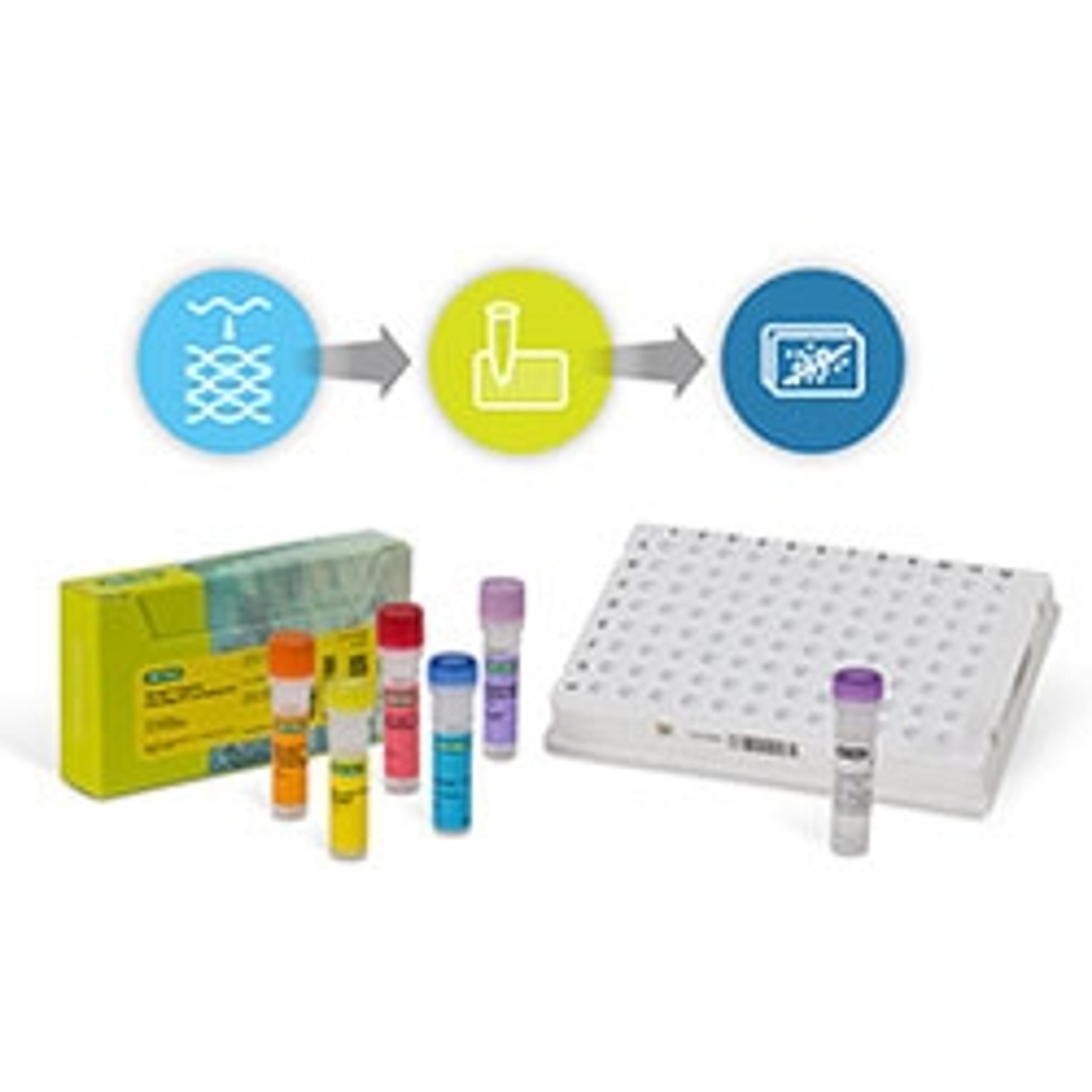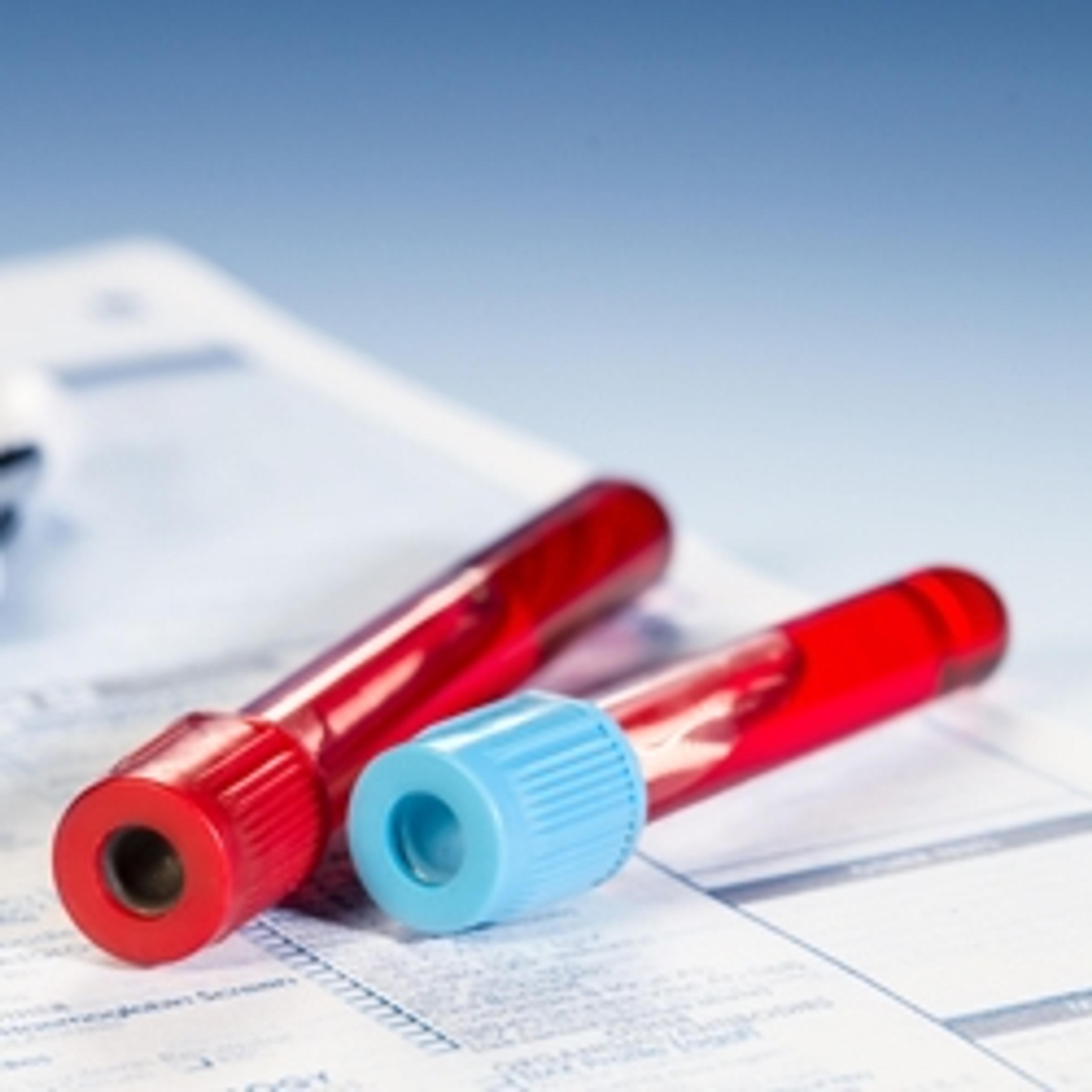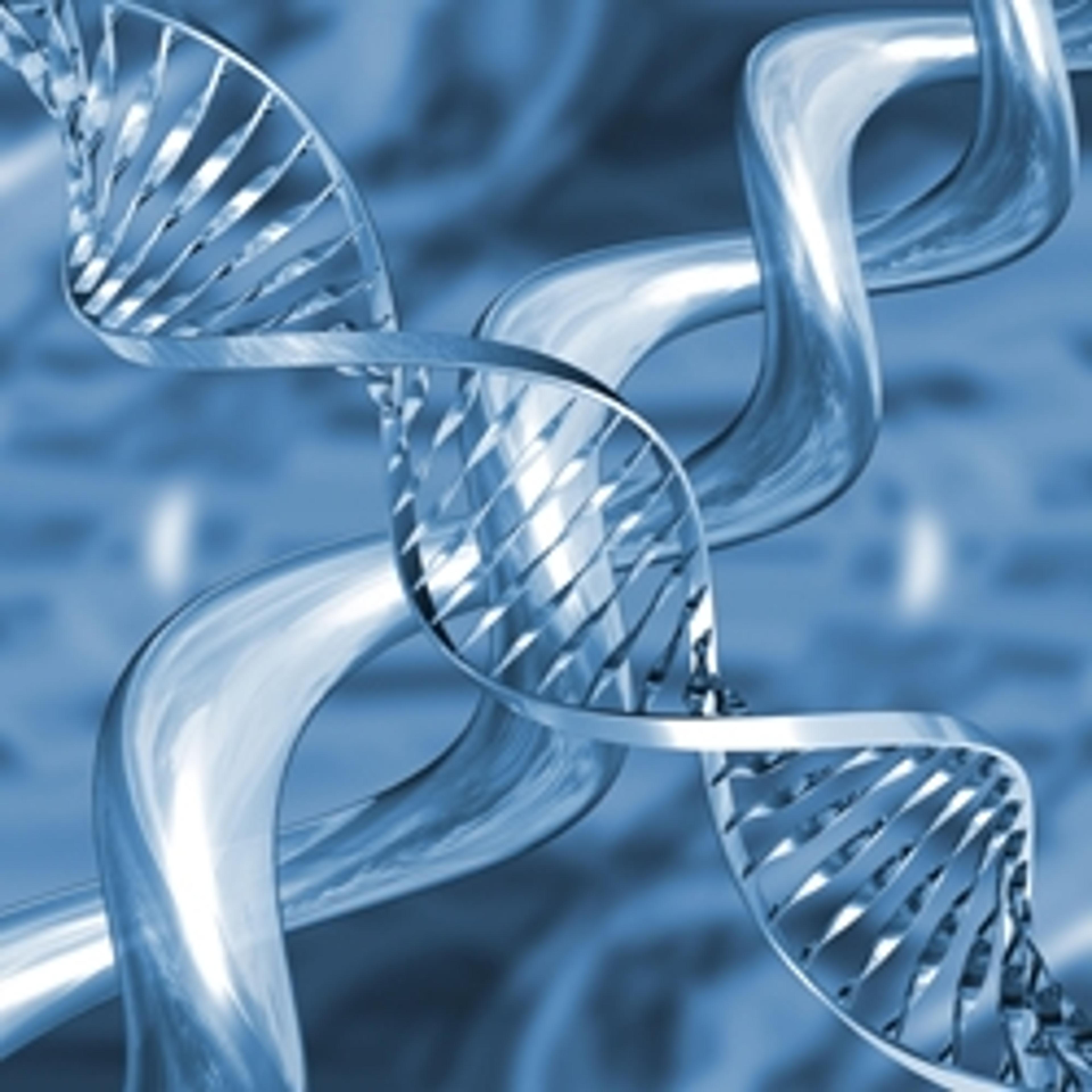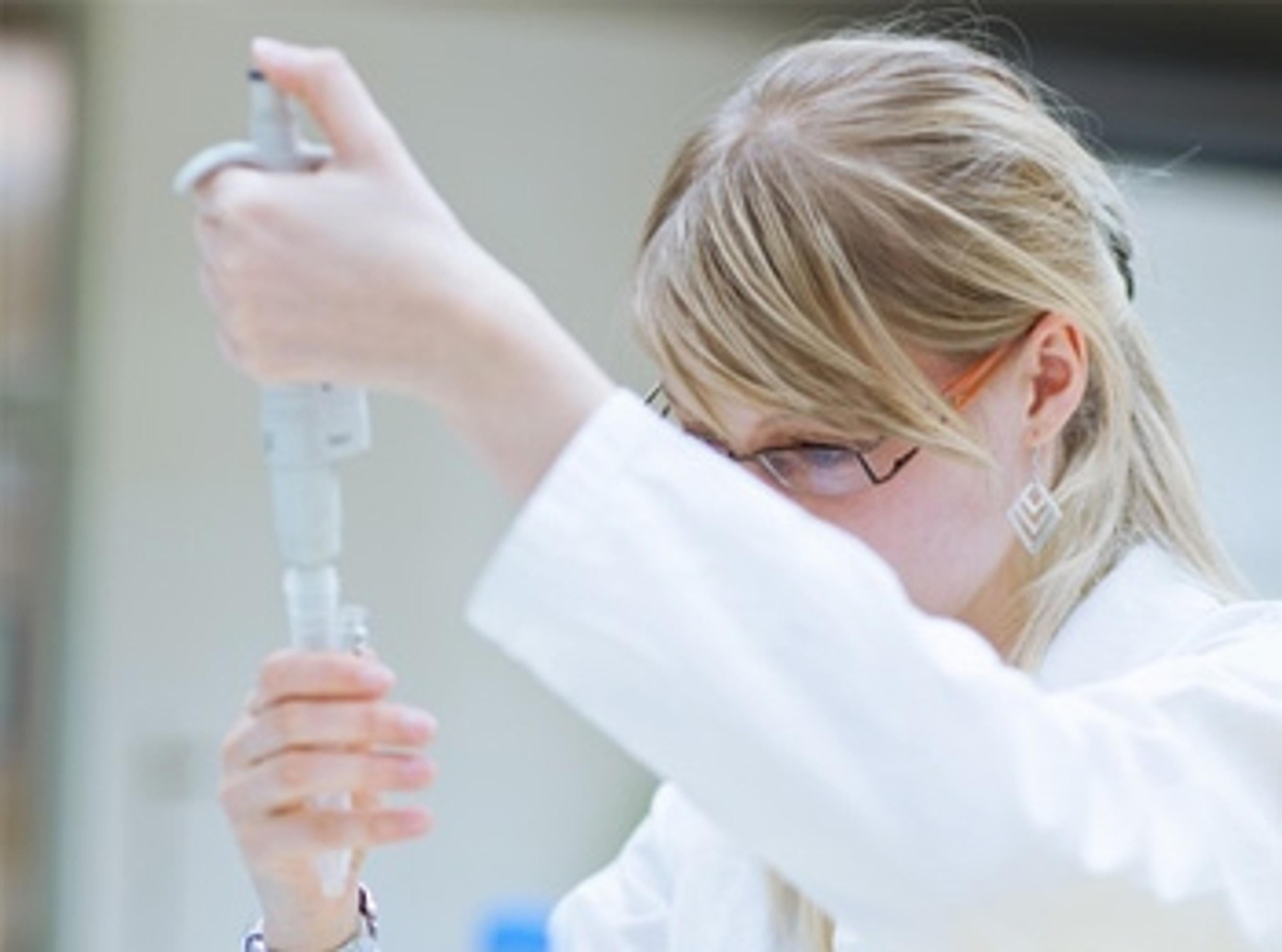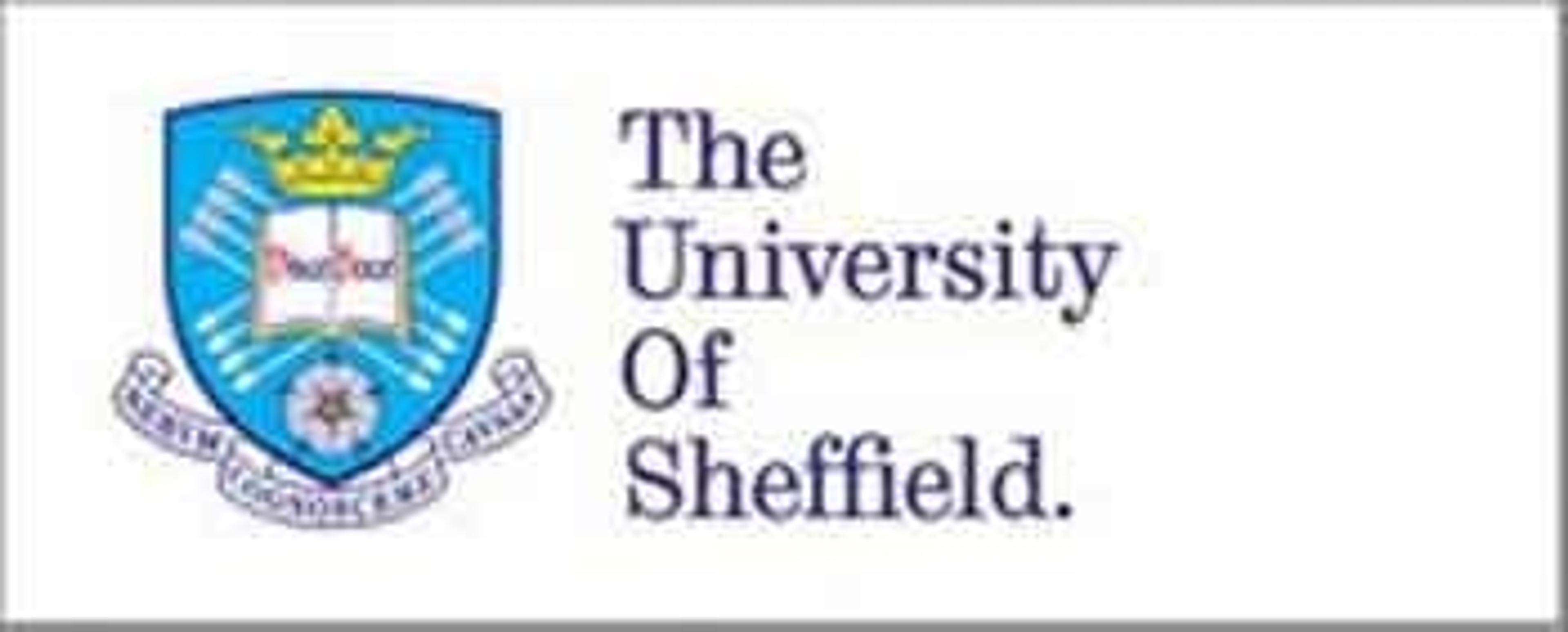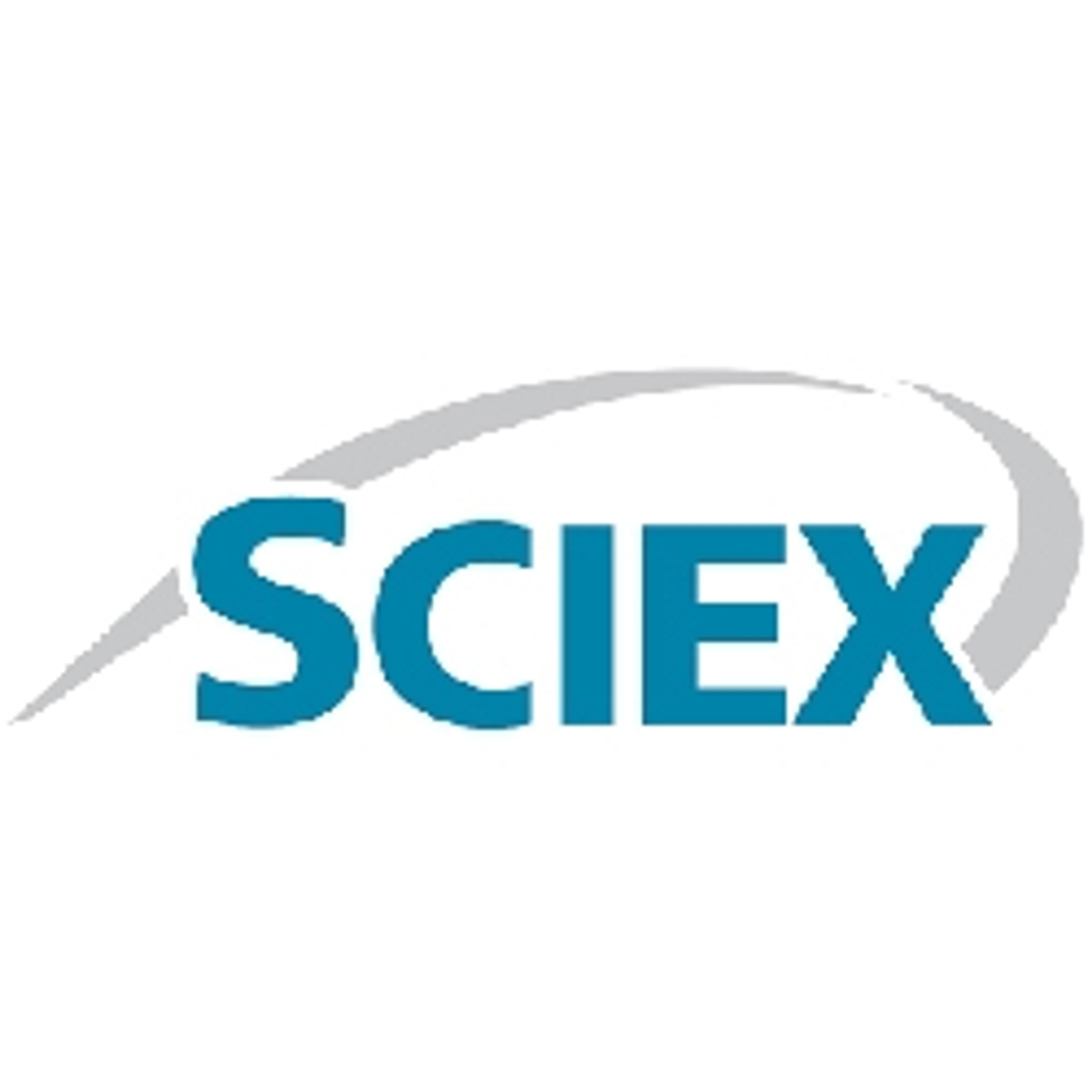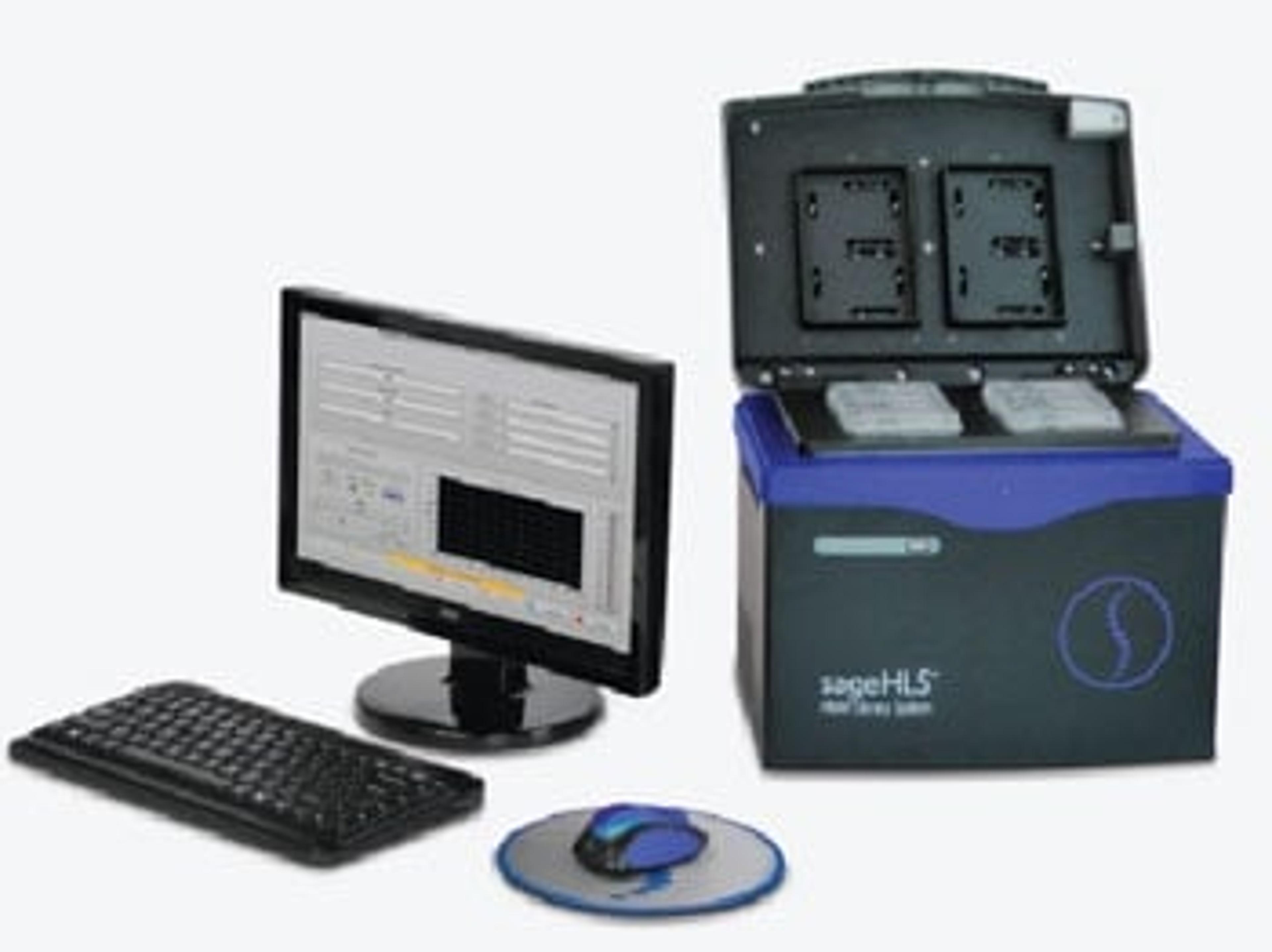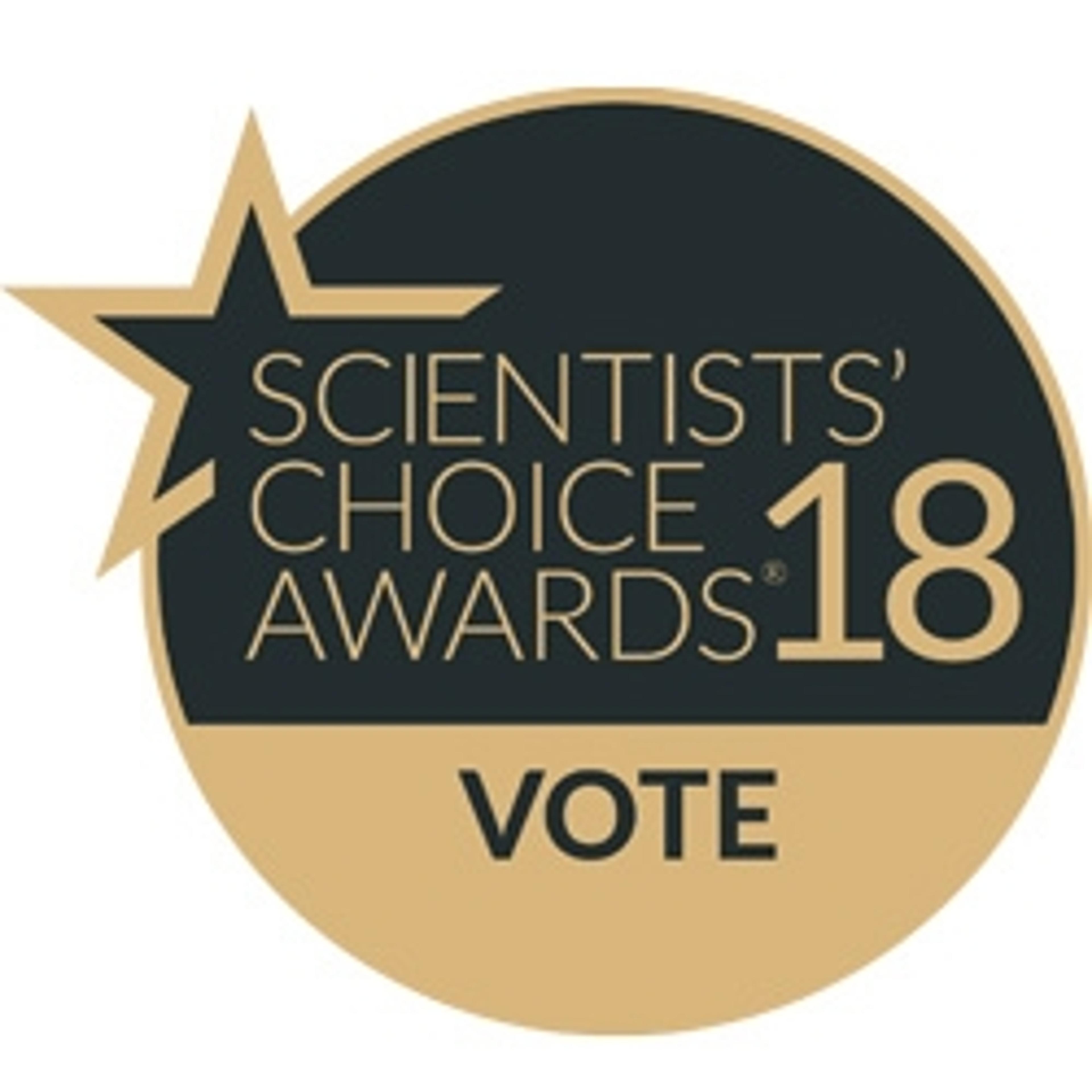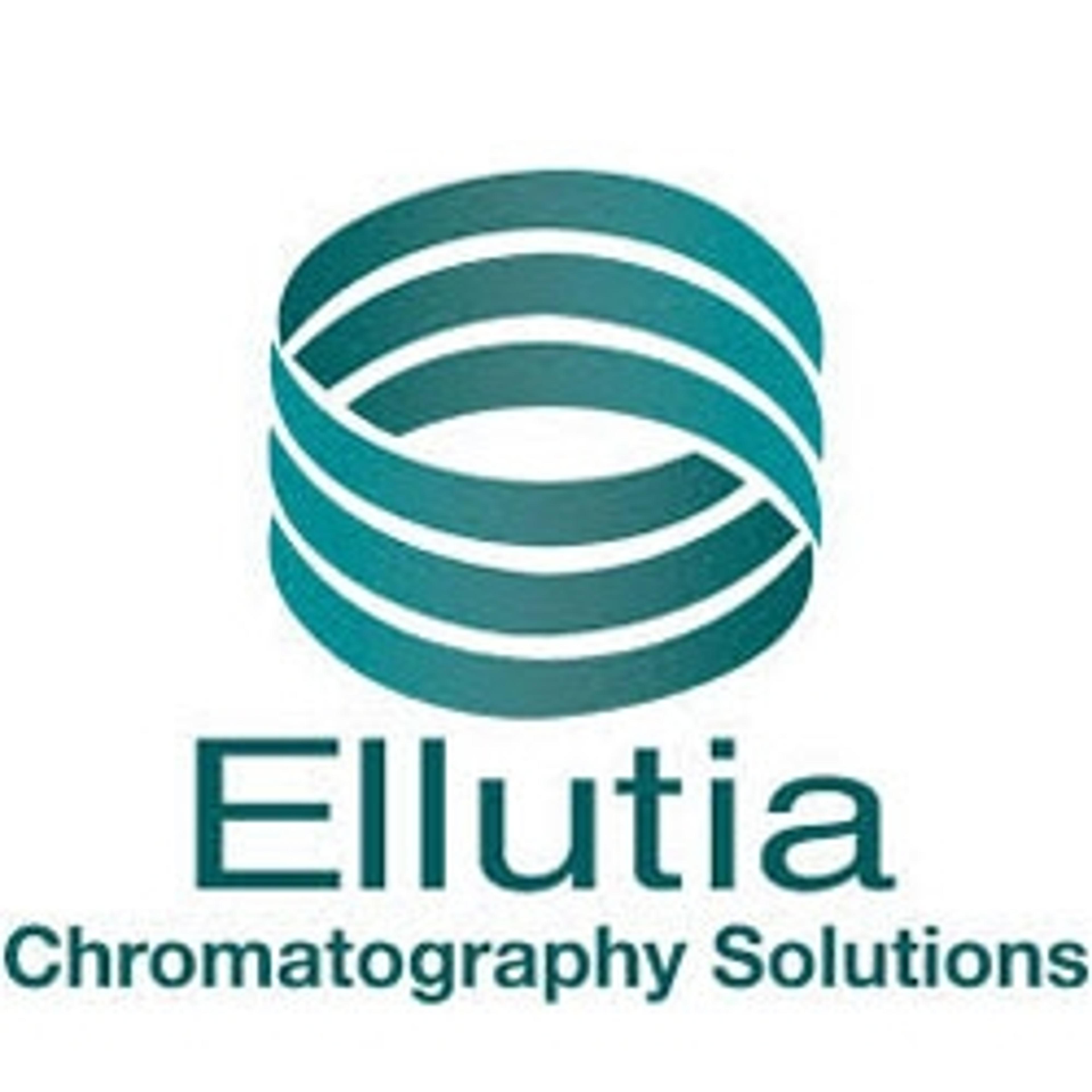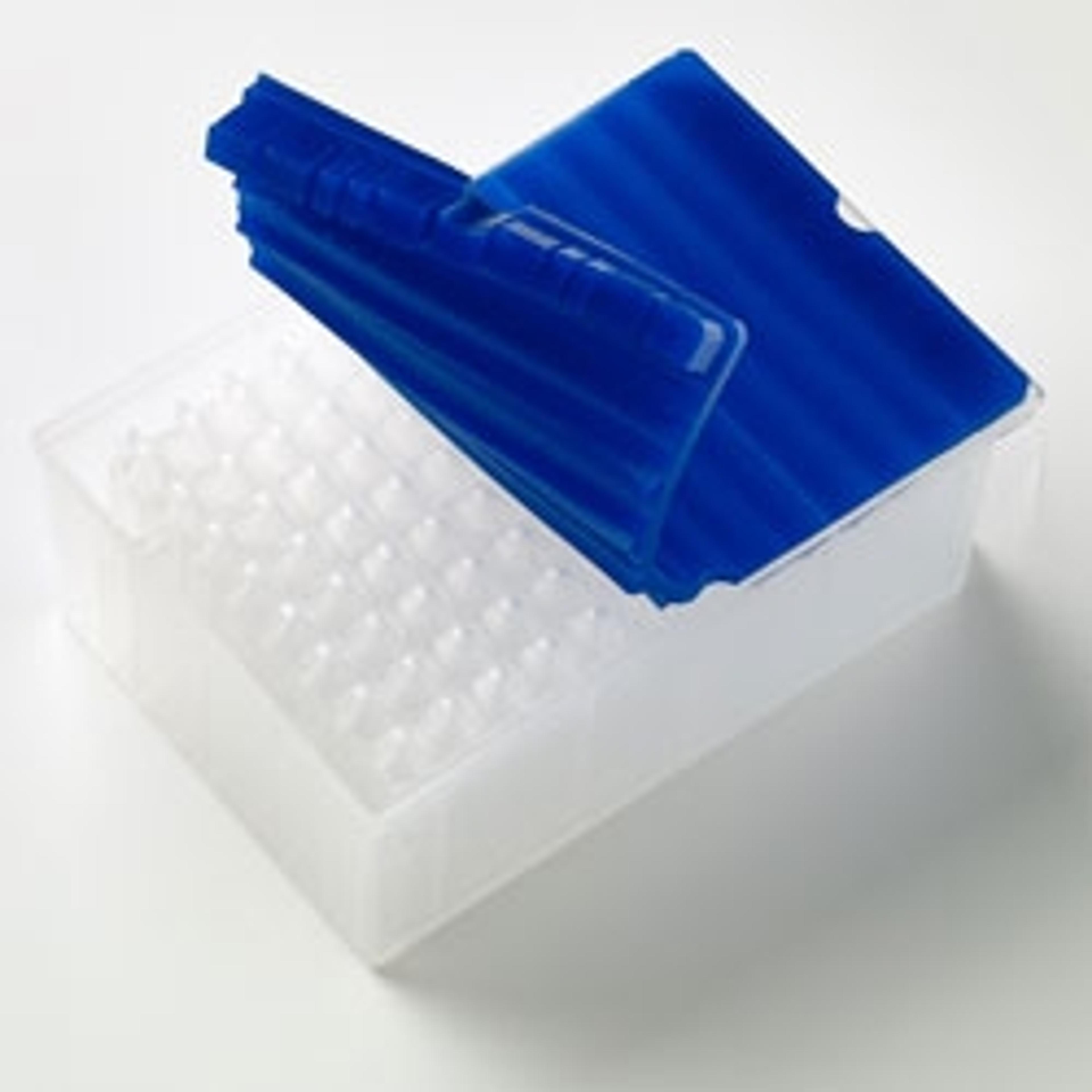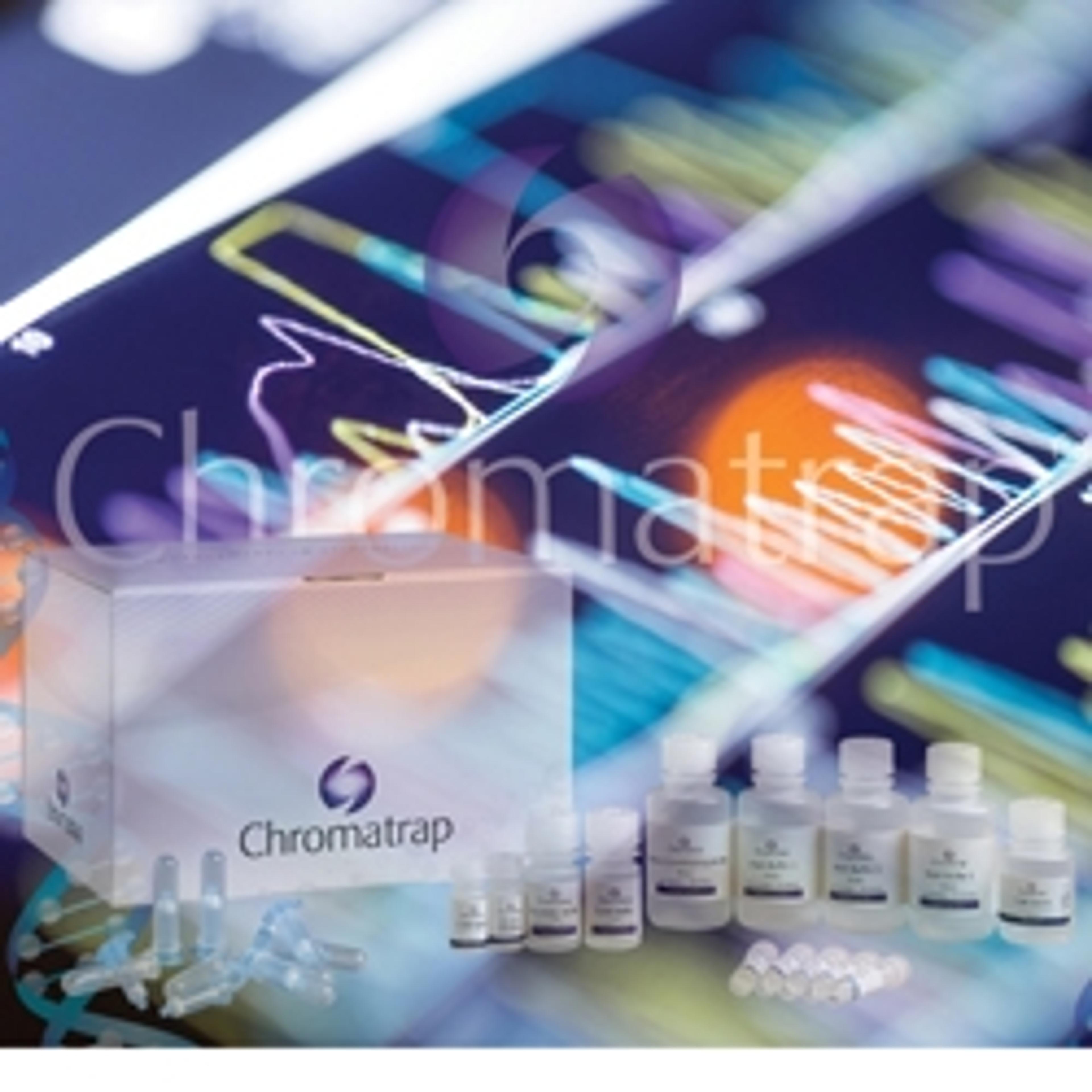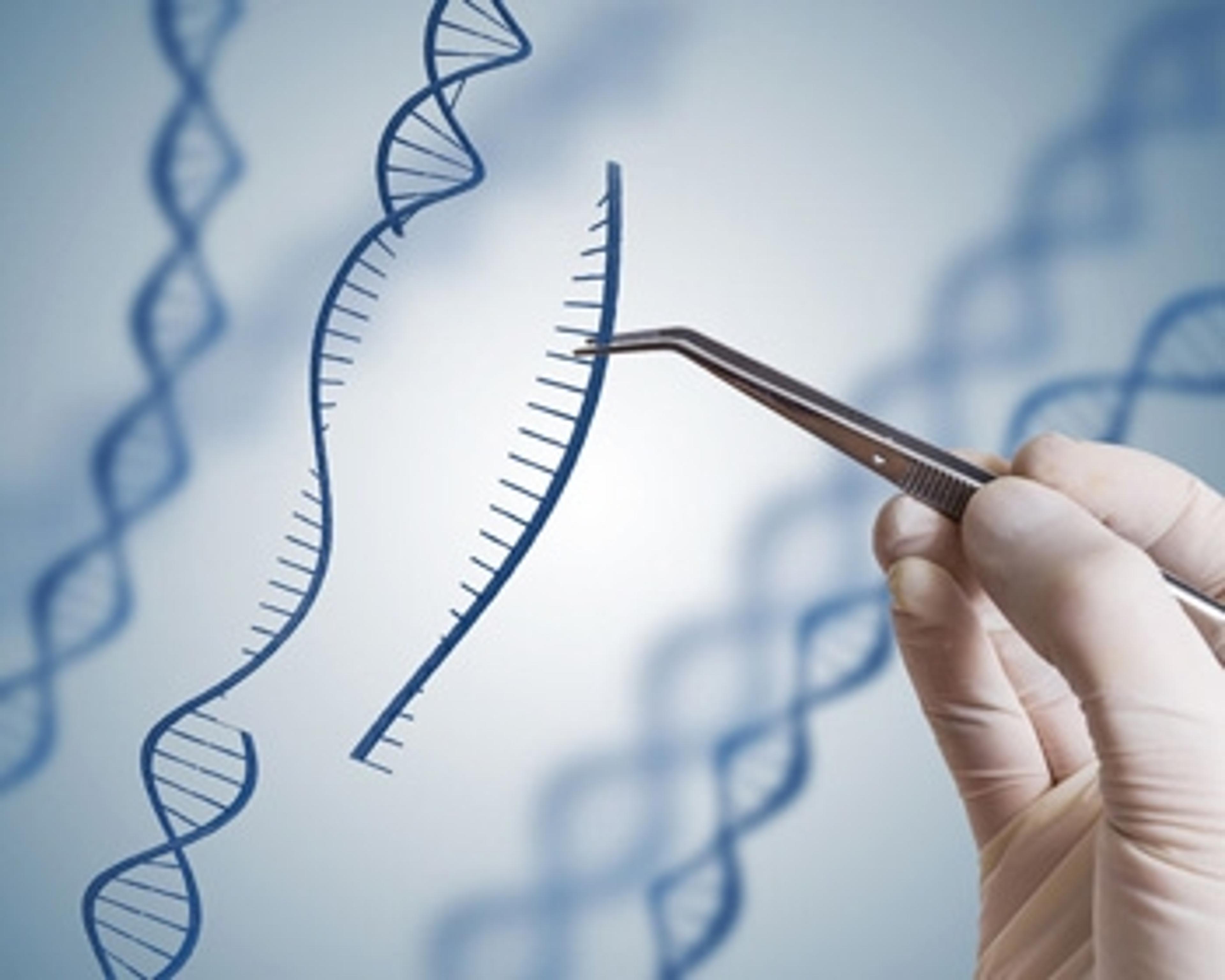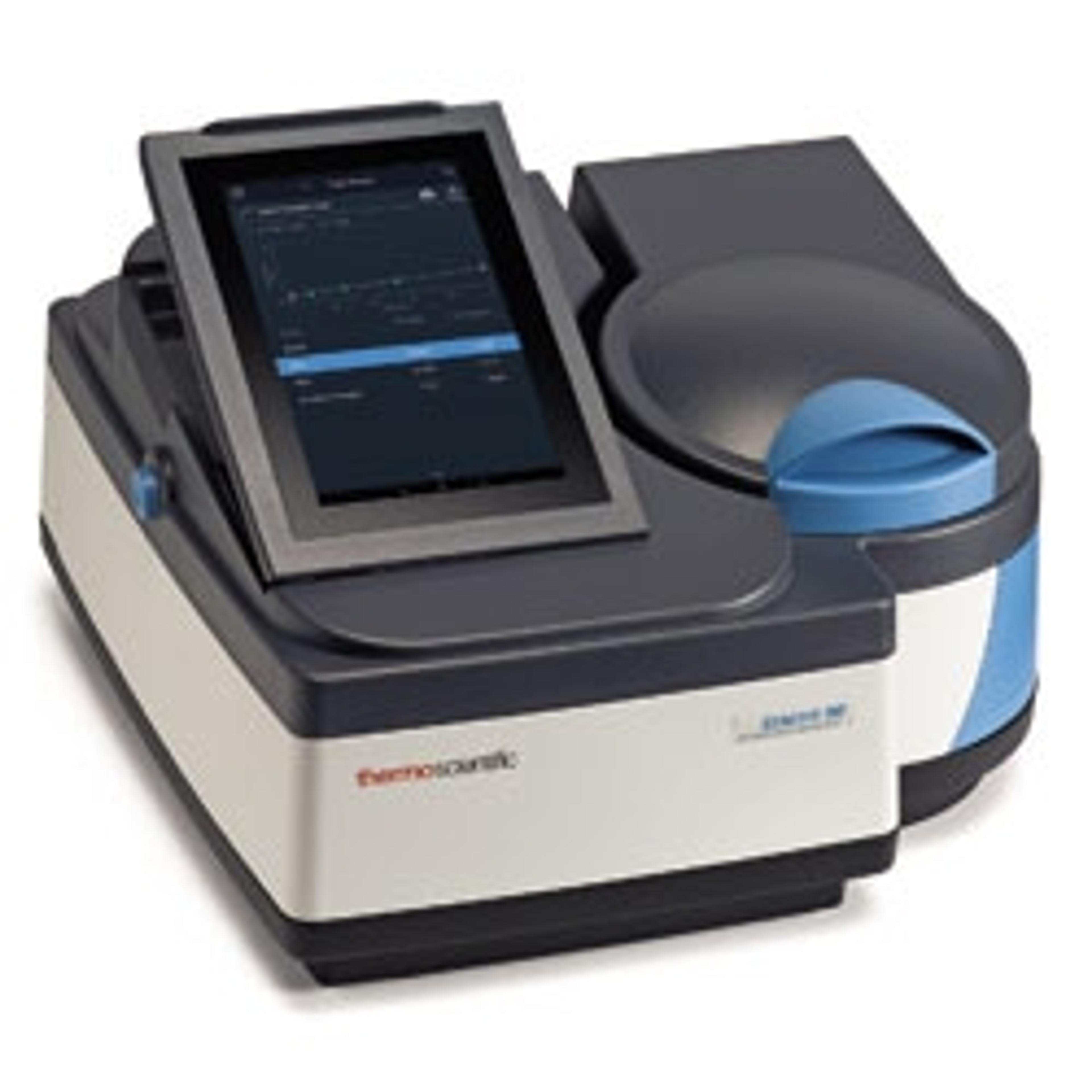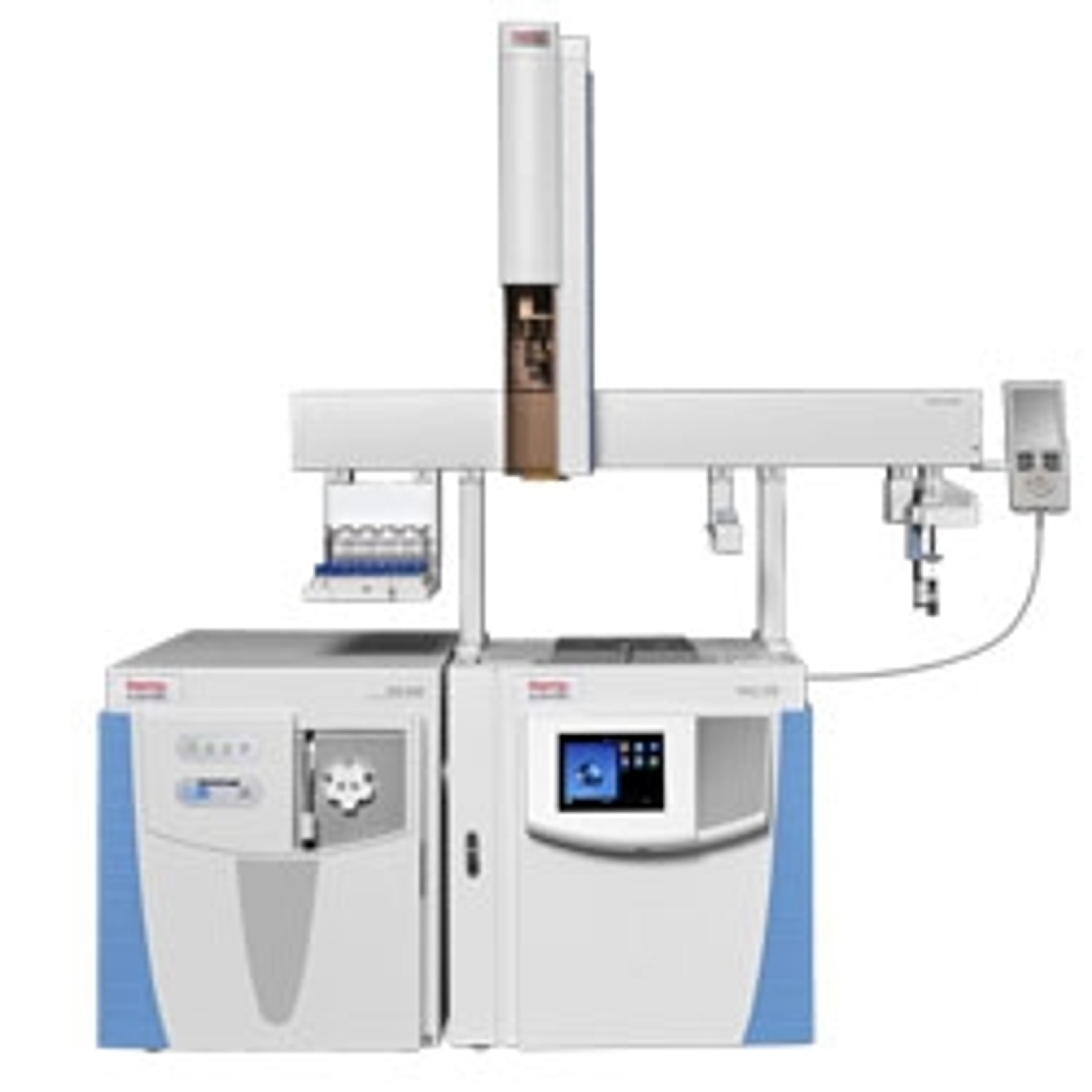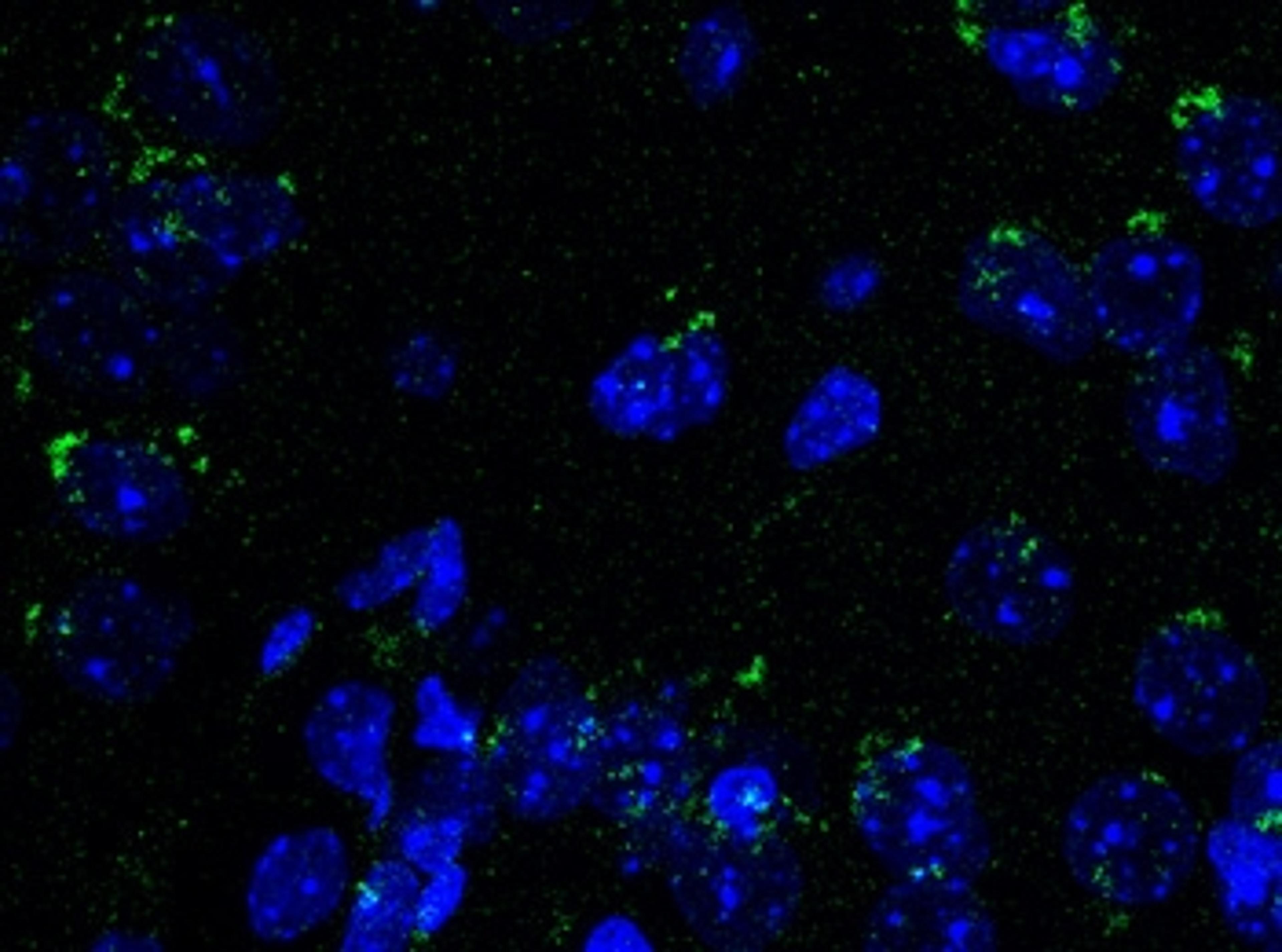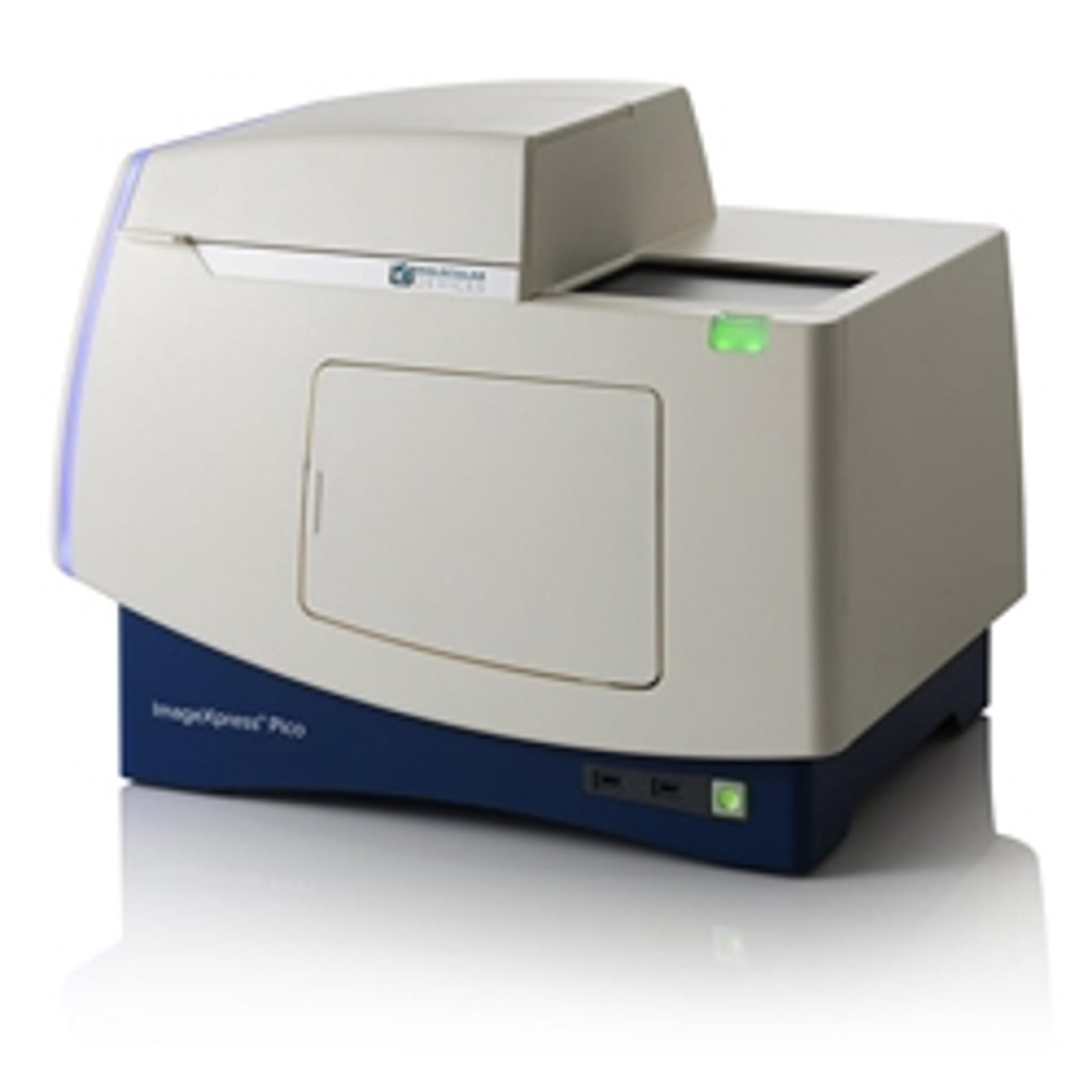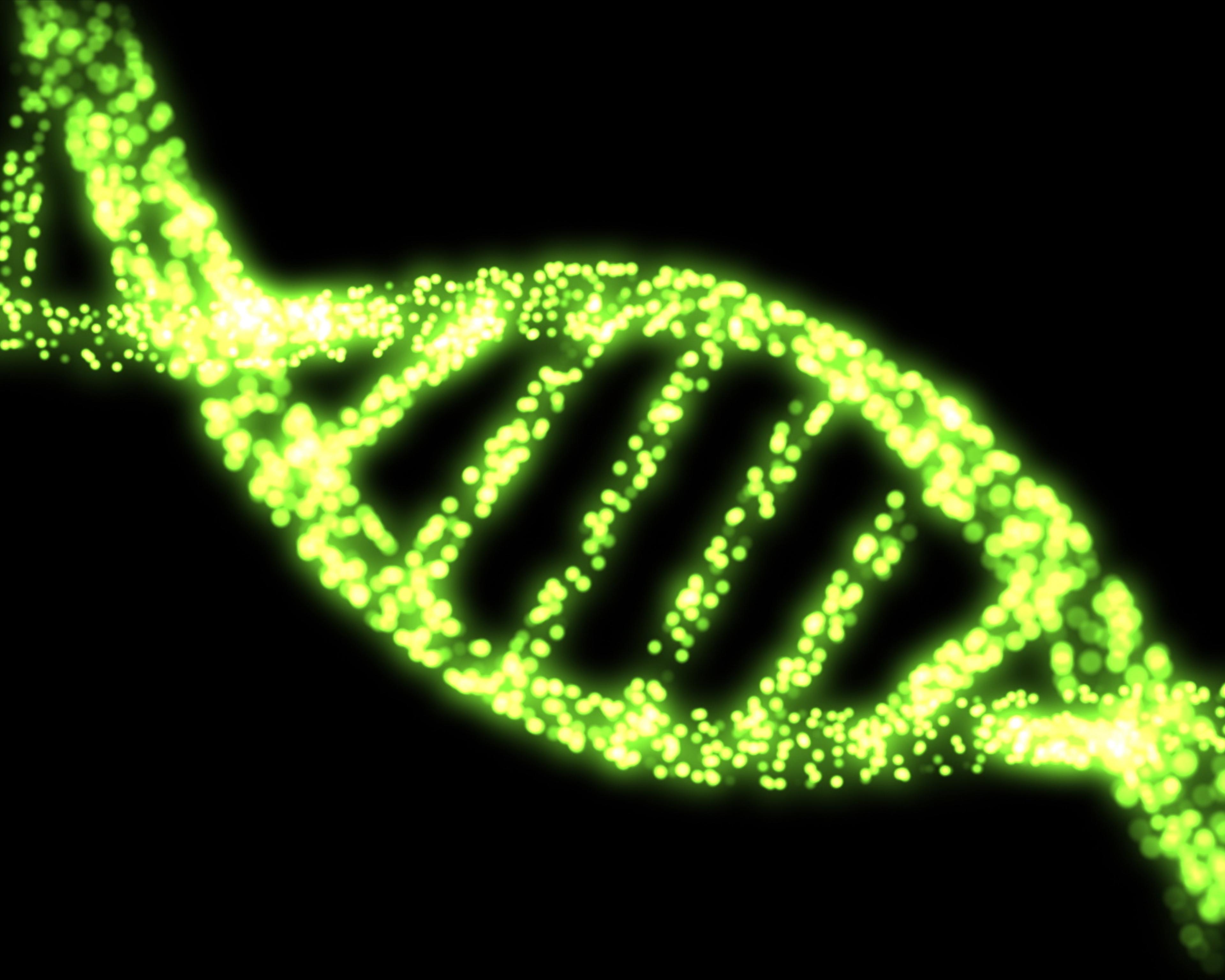News & Articles
Selected Filters:
New Inverted Confocal Raman Microscope
WITec’s proven 3D Raman imaging functionality is now available in an inverted microscope
On-Demand Webinar Highlights: Understanding Cell Motility Through Next-Generation Scratch Wound Healing Assays
Learn how to get the most from your scratch wound healing assays
NGS-Based MammaPrint BluePrint Kit Enhances Access to Personalized Treatment for Breast Cancer Patients in Europe
New RNA-sequencing kit will improve treatment management decisions for breast cancer patients
New Toolkit Provides Streamlined, Cost-Effective Alternative to RNA-Seq
Bio-Rad’s lncRNA Workflow includes highly sensitive and specific qPCR arrays and individual assays to assess more than 23,000 human lncRNA targets, aiding in lncRNA discovery and validation across many research areas
QIAGEN and Natera to Develop Cutting-Edge Pre-Natal Genetic Testing Assays
Non-invasive, cell-free pre-natal DNA testing to be performed on QIAGEN’s GeneReader NGS System
Enhanced Cell-Based Assays with Microplate Readers
Latest technology for cell-based assays now also available for BMG LABTECH’s entry-level product line
Hundreds of Genes Linked to Intelligence in Global Study
More than 500 genes linked to intelligence have been identified in the largest study of its kind
Webinar Highlights: Comparative Analysis of FFPE-derived RNA
Learn more about how RNA quality can affect your sequencing results in this on-demand webinar
New Osteoarthritis Genes Discovered, Paving Way for New Therapies
University of Sheffield scientists discover nine novel genes for osteoarthritis
Food Allergen Screening Method by SCIEX Receives Official Method Classification from the AOAC INTERNATIONAL
Improved mass spec method nears industrial use, promoting a possible shift in global food allergen testing
An Exciting New Technology to Enable Whole Genomic Reads During NGS
Vote Now for the Best New Life Sciences Product of 2017 in the Scientists’ Choice Awards
To be in with a chance of winning a $500/£400/450€ Amazon voucher, just tell us which new product, instrument or consumable made the most difference to your lab in 2017
New Tools to Streamline ChIP-Seq Library Preparation
Porvair Sciences announces the launch of UniqSeq - a new ChIP-Seq library preparation kit
New, Automated UV-Visible Spectrophotometers Designed for Today’s Modern Lab
The next generation Thermo Scientific GENESYS UV-Vis spectrophotometer portfolio is optimized for usability and performance
Advances in Gas Chromatography Mass Spectrometry Systems Revolutionize Routine Analysis
New analytical solutions seamlessly deliver outstanding sensitivity and robustness to enhance productivity and compliance
Impaired Protein Homeostasis in Neurodegenerative Diseases
Learn how selective antibodies help decipher an impaired autophagy pathway in spino-bulbar muscular atrophy
Agilent and Imperial College London Announce Collaboration Agreement
Agilent Measurement Suite to provide researchers with greater experimental freedom
Molecular Devices Launches the ImageXpress Pico system
The new ImageXpress Pico system offers cellular imaging acquisition and at an affordable price point
127-Million-Year-Old Baby Bird Fossil Sheds Light on Avian Evolution
The tiny fossil of a prehistoric baby bird is helping scientists understand how early avians came into the world in the age of dinosaurs

